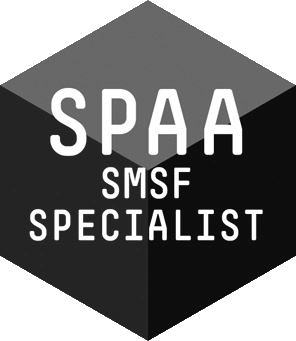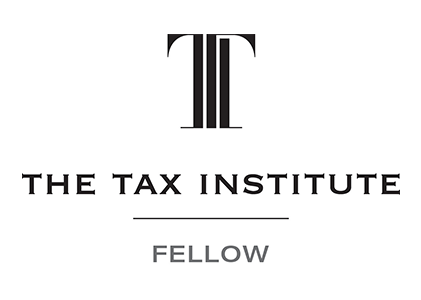
Access to the CGT small business concessions Usually, such decisions are made on the basis of relevant commercial considerations (eg, due diligence and future liability issues). However, if you are seeking to access the CGT small business concessions on any sale, then you should also consider whether it is better to sell the business assets per se or the shares in the company. While in principle there should be no difference in terms of the CGT outcome in selling either, it may well be easier to access the concessions by adopting one approach over the other. For example, if you sell the business assets at the company level you will need to find one or more controllers of the company (ie, broadly someone with a 20% or more interest in it at the relevant time)in order to be able to access the concessions. And, depending on the circumstances, this can be both easier and harder than it looks. Furthermore, in the case of the “retirement exemption”, it is necessary to actually pay any exempted capital gain to this controller in order to be able to use the concession (or to put it into their superannuation if they are aged under 55 at the relevant time). On the other hand, if you can use the “15 year exemption”, it is enough that such a person exists – without the need to pay the exempted gain to them.
“Assets used in carrying on a business”
More hurdles to jump for eligibility Furthermore, if the company has “controlling interests” in any other entity, then the assets of any such entity also must be also taken into account in determining if this test is met. And, of course, as with the application of the CGT small business concessions in any circumstances, the “taxpayer’’ must satisfy either the $2m turnover test or the $6m maximum net asset value (MNAV) test. And where shares or units are sold, the “taxpayer’’ is the individual who owns the shares and where the business assets are sold the “taxpayer” is the company or trust itself. In either case, the tests can be difficult to apply because the “taxpayer’’ includes affiliates and connected entities (ie, related parties).
We are here to help In any of these scenarios we are here to help – as this is a matter which clearly requires the expertise of a tax professional
Our Management Credentials




